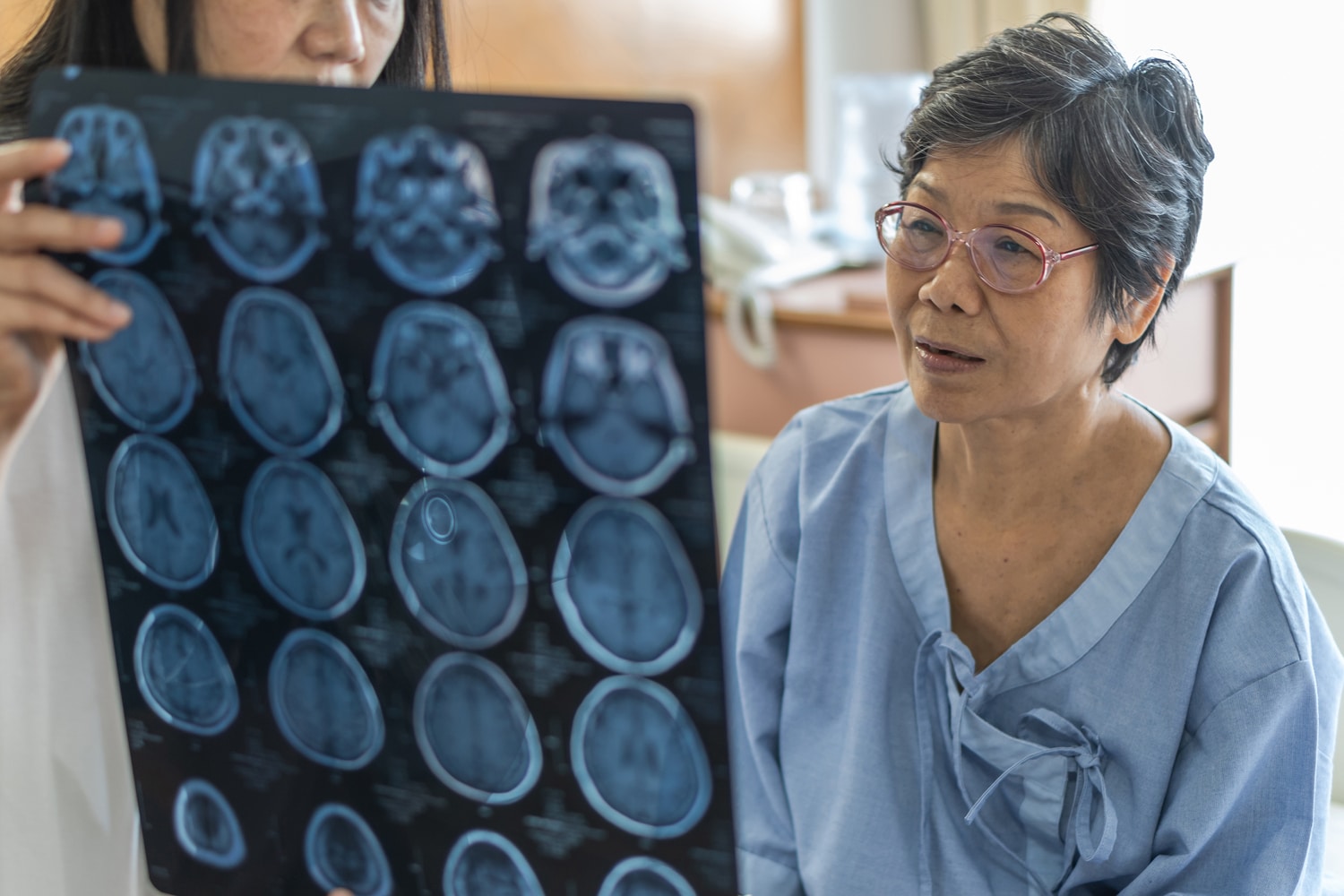There are a variety of reasons to consult with a neuropsychologist. Evaluations provide information about cognitive abilities that are compared to your age and education level. MRI, CAT, PET and SPECT tests do not always show abnormalities of the brain when brain damage is present.
Many head injury clients are referred to our offices after reporting abnormal cognition. In all mild traumatic brain injuries, the CT or MRI imaging of the brain shows a normal result. This is one of the limitations of imaging studies. They lack the resolution necessary to detect cellular or axonal shearing or stretching injury to the brain.
Often in these cases, a neuropsychologist is called upon to assess the patient’s brain injury, symptoms, and function. This can be done clinically, forensically, or both. When testing is performed for clinical purposes the primary aim is to diagnose the injury, and provide treatment options. In forensic testing, the primary aim is to provide evidence in a legal proceeding. There is a great deal of overlap in these areas, so it is not uncommon that a clinical assessment will lead to a forensic evaluation as well if there is a legal proceeding or an insurance claim involved.
If you have had a recent or prolonged toxic exposure or a head injury or whiplash with or without loss of consciousness, you might be on the look out for several signs that would indicate dysfunction.
Symptoms of Brain Damage:
- Difficulty navigating staircases, misjudging distances between steps, tripping, falling, etc.
- Bumping into walls when rounding corners.
- Transposing numbers (reversing digits or getting them “mixed up”) or forgetting them altogether.
- Losing directions to areas that you know you should not have trouble finding.
- Finding yourself overwhelmed with tasks that you previously had no trouble completing
- Relatives telling you something is not as it used to be. Often a relative can provide information regarding differences in the behavior or intelligence of a patient following an injury of which the patient is not always aware.
- Mispronouncing words or having difficulty finding them, close but inaccurate words.
- Slurred speech, forgetting what you were saying before you completed your sentence.
- Driving accidents, reaction time loss or inability to comprehend distances. If you have experienced any driving difficulty that would put you or others at risk have someone bring you to our offices immediately or call without delay. This is a real and often dangerous complaint.
- Seizures, black outs, dizzy spells, or feeling like you are “in a cloud.”
- Coordination difficulties, inability to concentrate, inability to focus, slower thought processes.
Techniques of the Neuropsychologist
A proper neuropsychological evaluation should always include a review of your medical history which includes a detailed questionnaire, one or more psychological tests and several neuropsychological tests. This process usually takes several hours to complete. These tests are noninvasive and are not painful, but they can be difficult and exhausting. Proper rest is recommended before proceeding with any evaluation.
Neuropsychological results are quantitative and can provide objective measurements for precise comparisions of:
- Ÿ Memory Function
- Ÿ Abstract Reasoning
- Ÿ Spatial Processing
- Ÿ Reaction Time
- Ÿ Attention and Concentration
- Ÿ Processing Speed and Accuracy
The discovery of subtle and complex changes relating to brain functions can provide diagnostic information that healthcare professionals can utilize for the treatment of the patient. When a brain injury case goes to court, information learned from neuropsychological testing is often admitted into evidence, especially in proving the nature and extent of the injury.








